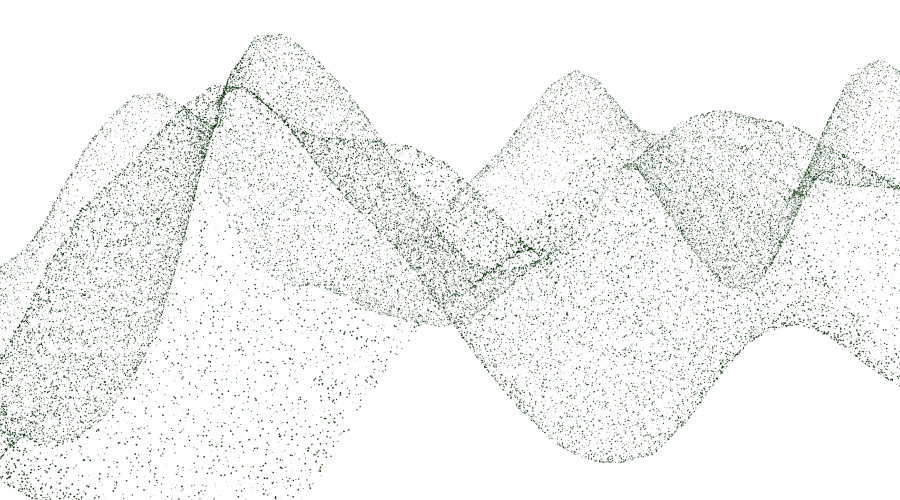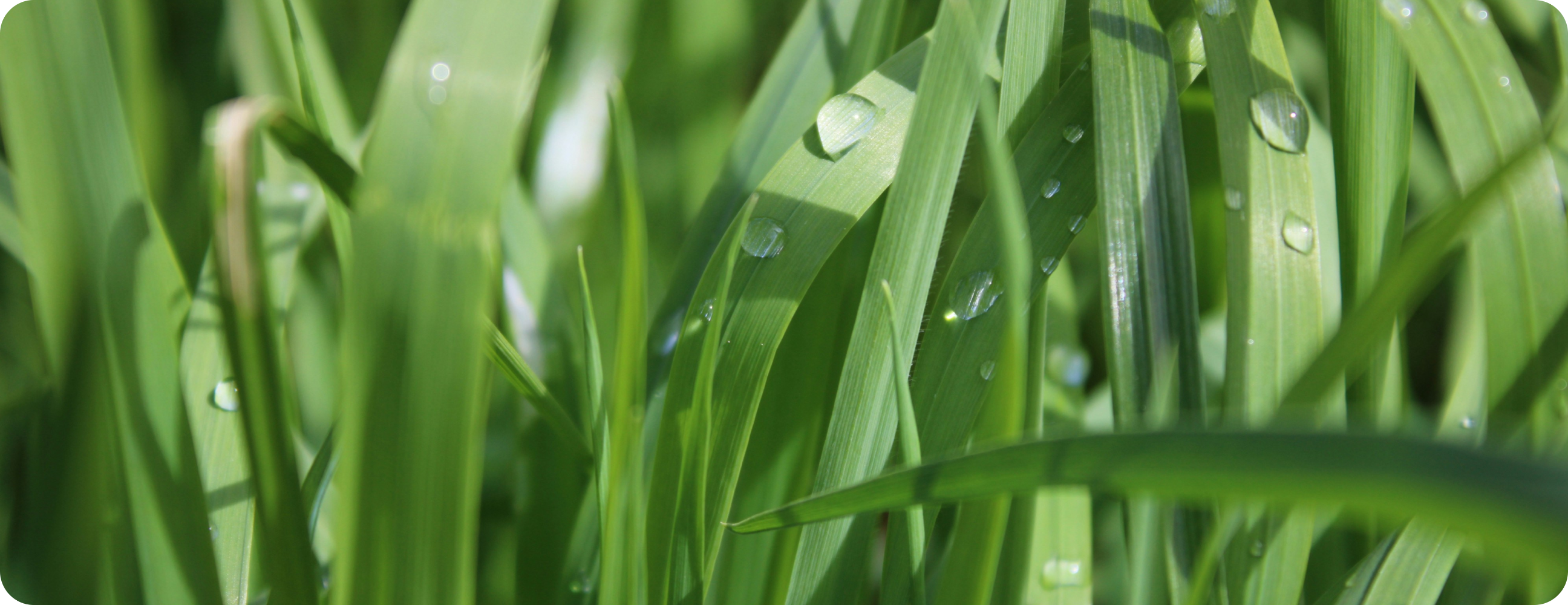Cindy Forde, Planetari
.png)
This International Women’s Day (IWD) and Women’s History Month, we’re sharing profiles of some of the outstanding sustainability leaders from around the world. Read the profile of Cindy Forde, Founder of Planetari.
The individuals we’ve interviewed come from a variety of backgrounds and their areas of expertise and responsibility are equally diverse. We’ve learned a lot from them in these conversations and are excited to follow their progress.
Q: Hello! You’re the founder of Planetari. Tell us a little about that.
A: Planetari is an education platform aligned to the United Nations Sustainable Development Goals (UNSDGs). Its mission is to empower children with the knowledge and skills to be the innovators, entrepreneurs and global citizens who protect the planet and ensure the wellbeing of all its inhabitants.
Children currently grow up in a society and education system that forces them into a western, consumer production machine. It crushes their creativity and their eco-literacy. For a world with a future, we cannot have another generation of young people who grow up indoctrinated to be part of the model that has brought us to the edge of extinction. Planetari is designed to equip our rising generation to be part of co-creating a brighter future.
Our goal is by collaborating with other educators working in this space, to eventually shift the curriculum in schools so that Earth is at the center of how children learn. This is a critical systems lever for ensuring a liveable future, but it’s challenging because governments control the curriculums.
My role at Planetari is “founder”, not CEO, because I want to step outside titles and managerial structures and build a different type of organization. I don’t ultimately know what kind of shape Planetari will take, but I certainly don’t want it to take the shape of a traditional business.
Q: You’re also an author, tell us a little about your books.
A: Yes, I am creative. That’s my bread and butter. I’m an author and am writing a few books.
The one that’s going to be published soonest, this August, is called “Bright New World” — it’s for young children. It’s fact, with a tiny bit of fiction. It sets itself a little in the future and projects back from when we’ve solved most of our problems to give a clear sense of what the world could be, not perfect, but it works and it’s beautiful again. Then we look at the problems we’re experiencing now and what caused them, and next explore the real, practical solutions that can lead us to a brighter world. It covers the main impacts, such as energy, transport and food systems, grounded examples and actions that are relevant to children’s lives.
You’ll see many writers, Amitav Ghosh foremost among them, saying that if you’re a writer, a creative, a storyteller, whatever your medium, you have to help create different stories of Earth and get them out there. We have to define against the horrible job that has been done to us psychologically to be able to contribute to our own demise and call it out for what it is.
Q: What would you say to the next generation entering the sustainability space?
A: If you’re working in this space, you’re reuniting with your purpose on Earth. Our purpose is to live in balance with nature and we need to stop separating our work from our purpose in life.
So many young people twist themselves out of shape. They know there’s something wrong with the system which is why many are experiencing mental health issues. The education system currently prepares young people to take their place in this machine, it squashes creativity and devalues the qualities that are not of use to this system. Even for those able to perform well according to these rules, there’s an overwhelming, persistent pressure, and a devastating cauterizing of many of their other attributes and abilities to conform to these norms. Young people are very aware of this. It’s actually something that gives me much hope. They are demanding a different type of education and work. We need to listen.
Q: What skills or perspectives do you think are particularly vital for working in the sustainability space?
A: To do something that will have a genuine impact, you need to be pioneering and be prepared to rip up the rulebook.
But it can be tough being a pioneer, dangerous, to an extent lonely and you may find yourself living with much precarity, financial and otherwise. However, in spite of the dangers we face as a species, this is perhaps one of the most exciting times to be alive. There is an opportunity for real change and transformation for humanity and how we live on Earth. If enough human beings want something different and believe in themselves to make this happen, it is entirely possible for us to be able to shift, to transition. As we’ve seen in recent elections and referendums around the world, even a couple of percentage points make a difference in who gets decision-making power.
Major changes have happened before. I’ve seen a lot of change in my lifetime on race, sexuality and the position of women. Even 10 years ago, it used to be that if you cared about the environment you were a loony, lefty treehugger, but now every government, every major business on Earth recognizes this a major issue. However, we have to change a lot faster than it has taken previously to have a chance of keeping Earth from heating more than 1.5 degrees, essentially the threshold below which it stays a safe place for human existence.
Q: Who are your role models?
A: There are numerous brilliant women leaders emerging, indigenous leaders such as Nemonte Nenquimo, Neema Nemandu, youth leaders like Greta Thunberg, political leaders like Alexandria Ocasio-Cortez, Jacinda Adern, Mia Mottley, conservation leaders like Clare Brook, of the Blue Marine Foundation, the women behind She Changes Climate. The list goes on, so much to hope for.
Q: What do you think about the role of women+ in the climate crisis?
A: There’s a parallel in much of the world between nature’s position in society and women’s position in society.
Like women, Earth has been seen as passive, something that can be dominated, exploited, traded, subjugated and abused rather than a governing force with immense power to create, heal, and, where necessary, destroy, and regenerate. But the endgame of the patriarchal dominator model is clearly in sight now — extinction.
The old order is crumbling, imploding and brilliant women are here, already showing the new kind of leadership that is essential to building a world with a future.
Learn how businesses are shaping carbon market strategies with carbon.

The end-to end carbon dataplatform for the 'net' in yournet zero goals










